 Researchers from the University of Illinois have developed a non-toxic method for recycling polycarbonate plastic, which is often used in electronics and other products but has been difficult to cost-effectively divert from the waste stream.
Researchers from the University of Illinois have developed a non-toxic method for recycling polycarbonate plastic, which is often used in electronics and other products but has been difficult to cost-effectively divert from the waste stream.

 Researchers from the University of Illinois have developed a non-toxic method for recycling polycarbonate plastic, which is often used in electronics and other products but has been difficult to cost-effectively divert from the waste stream.
Researchers from the University of Illinois have developed a non-toxic method for recycling polycarbonate plastic, which is often used in electronics and other products but has been difficult to cost-effectively divert from the waste stream.
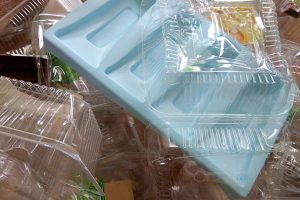 A pyrolysis company converting post-consumer plastics into fuels and waxes will get a big boost from British oil and gas giant BP.
A pyrolysis company converting post-consumer plastics into fuels and waxes will get a big boost from British oil and gas giant BP.
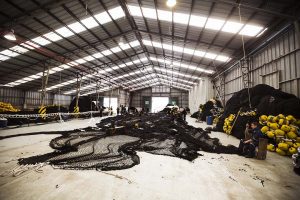
After used nets are collected, they undergo a cleaning and drying process before they’re baled and sent to a reclaimer.
A consortium focused on recovering marine plastics for recycling has rolled out its first product: an office chair made with recycled nylon.
 When a vehicle enters the end-of-life stream, its metals will probably be recovered. But the plastics are likely headed to landfill, despite the fact that many of them are high-value, high-performance polymers.
When a vehicle enters the end-of-life stream, its metals will probably be recovered. But the plastics are likely headed to landfill, despite the fact that many of them are high-value, high-performance polymers.
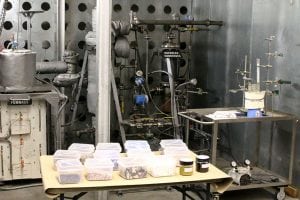
Part of the R&D lab at Agilyx’s Tigard, Ore. facility.
Agilyx is already processing scrap PS into a feedstock for prime plastics production. Now, the Oregon company says it can do the same thing for recovered PE and PP.
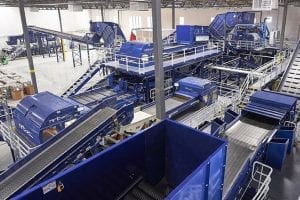
A huge PET recycling plant has begun operations in the Los Angeles area, and details have been released about equipment working in the vertically integrated facility.
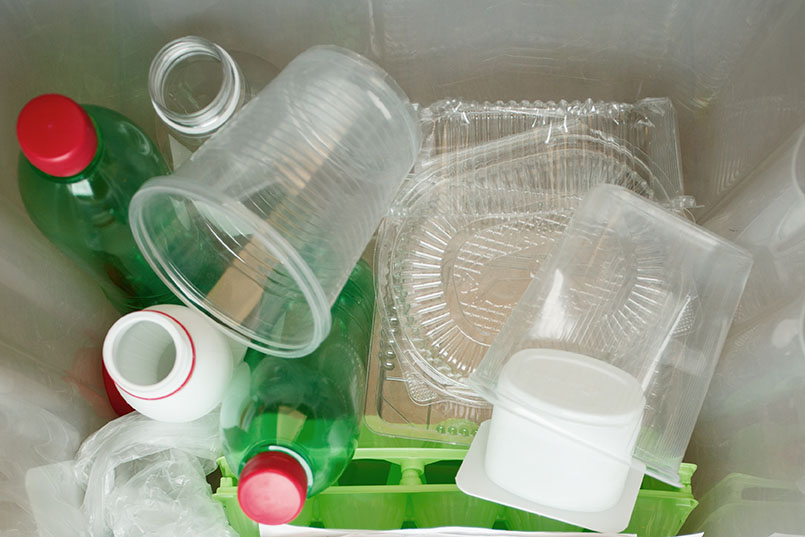 A Utah recycling facility plans to sort 500 to 600 tons per month of mixed plastics, selling the resulting bales into domestic markets.
A Utah recycling facility plans to sort 500 to 600 tons per month of mixed plastics, selling the resulting bales into domestic markets.
 A city of Phoenix evaluation team is recommending plastics-to-fuel company Renewlogy be selected to operate a diversion program recovering post-consumer No. 3-7 plastics.
A city of Phoenix evaluation team is recommending plastics-to-fuel company Renewlogy be selected to operate a diversion program recovering post-consumer No. 3-7 plastics.
 This is just what the doctor (and the plastics reclaimer) ordered: a guide that lays out the value of resins recovered from hospitals.
This is just what the doctor (and the plastics reclaimer) ordered: a guide that lays out the value of resins recovered from hospitals.
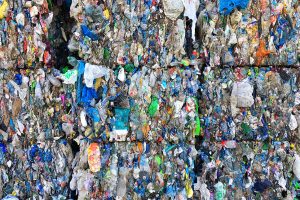 Merlin Plastics and Peninsula Plastics Recycling are making substantial investments in mixed-plastics processing capacity, bringing positive news for a region hard hit by China’s ban.
Merlin Plastics and Peninsula Plastics Recycling are making substantial investments in mixed-plastics processing capacity, bringing positive news for a region hard hit by China’s ban.
